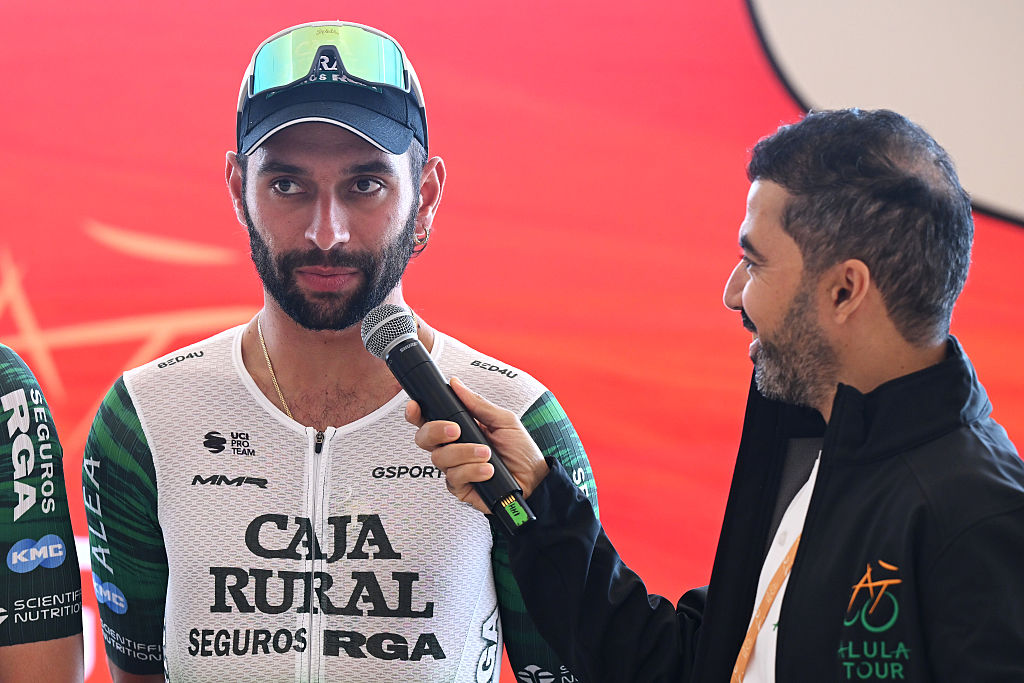Vaughters investing in talent and potential
New signings add depth to Garmin-Transitions
The latest race content, interviews, features, reviews and expert buying guides, direct to your inbox!
You are now subscribed
Your newsletter sign-up was successful
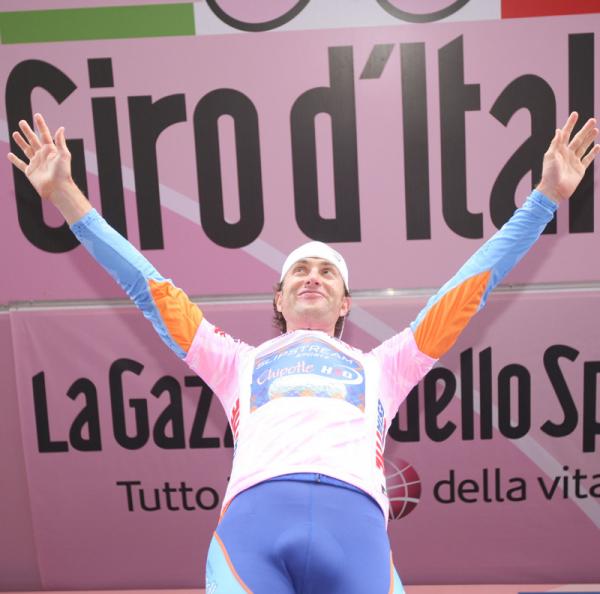
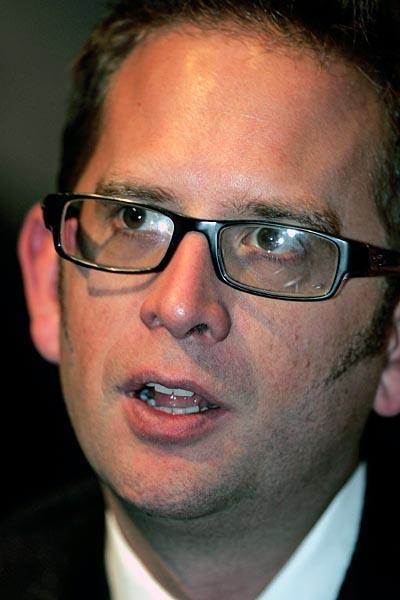
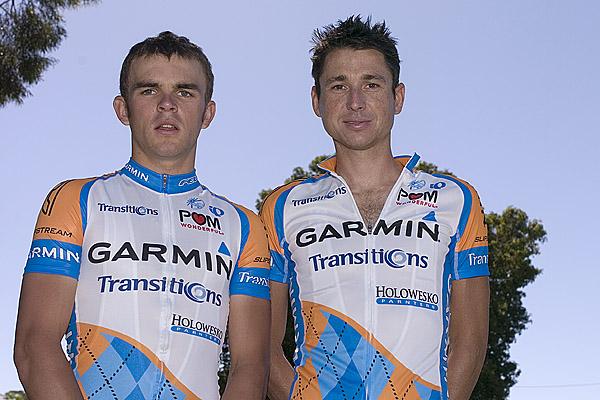
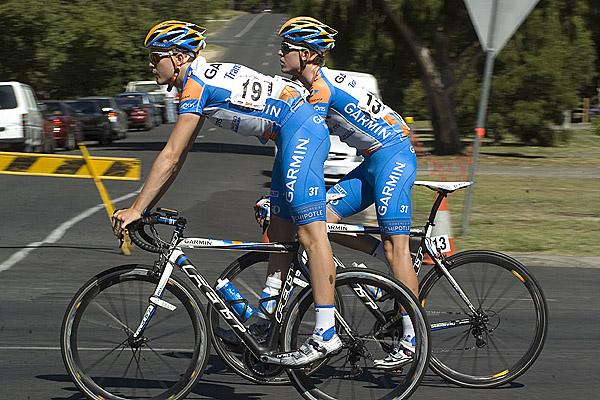
In professional cycling, as in many sports, new recruits are the key to keeping a team viable and scouting talent is one of the key responsibilities of an organisation's management. For Garmin-Transitions, the keen eyes of manager Jonathan Vaughters have been one of the main reasons behind their success.
Vaughters, smartly dressed in his red tartan pants and black velvet smoking jacket inside a trendy New York City hotel lobby, likened his recruiting philosophy to the activities of nearby Wall Street.
"We're like stock pickers here, we're picking stuff when the stock is low then we do everything we can do help it develop it into something great, to help it blossom," he said.
"We did a lot of building with young riders - big talents like Peter Stetina, Jack Bobridge, Travis Meyer, Cameron Meyer - it's always been sort of a mission statement for the team anyway."
With the other signings, Vaughters explained that they didn't go for "the biggest, flashiest, coolest guy". "That's not the way it is. I signed the guys based on talent and potential. Why not do some more proven names? ... We are not one of the bigger budget teams in the ProTour. Our way of performing is by picking young talent that’s underrated."
This method has paid off in spades with the likes of Christian Vande Velde, a previous domestique who went on to finish fourth in the Tour de France in 2008, and Bradley Wiggins, a renowned track rider and time trial specialist who Vaughters helped transform into a Tour contender last year.
Yet even with strong results such as the 2008 Giro team time trial win and pink jersey, the near-Tour podiums and the Vuelta stage wins by Tyler Farrar and Ryder Hesjedal, Vaughters approached building his 2010 squad with the goal of adding to the depth of the team.
The latest race content, interviews, features, reviews and expert buying guides, direct to your inbox!
Adding depth at Garmin
"In general, if you look at our team - it's probably hard to see from the outside - we've always had a very high top tier, and then the depth dropped off pretty quick after the 8th or 9th guy. I sort of built the depth - now when we go to Paris-Roubaix it won't just be "Martijn Maskaant, Martijn Maskaant - please do well, please do well!" - we'll have a few options."
That other Paris-Roubaix "option" would be Belgian Johan van Summeren, who for the past two years rode himself inside-out for Silence Lotto captain Leif Hoste. He was unfortunately caught up in the crash heading into the critical Carrefour de l'Arbre sector within 20km to go to the finish last year, but was on form for a top finish.
"If you go back and watch a tape of Paris-Roubaix 2008 or 2009, and you turn off the volume and stop listening to Phil Liggett talk about Tom Boonen, you'll know exactly who Johan Van Summeren is and you'll know exactly why I picked him," Vaughters said.
The team pulled in another strong recruit from the Fuji-Servetto team, former mountain biker Fredrik Kessiakoff.
The Swede finished in the top ten at the Tour de Romandie and 15th in the Tour of the Basque country (Vuelta al Pais Vasco) in his first year in the ProTour ranks, results which caught the eye of Vaughters.
"Here's a guy who was a pro mountain biker in 2008, and decided to give road cycling a shot in 2009, and was top 10 in the hardest stage of the Tour of Basque country ... that's just a couple little tweaks here and there, a little more support and confidence and he'll be one of the best climbers in the world.
"If you were at the Tour of the Basque country and looked at the results of who was doing well there, it was Contador, Luis Leon Sanchez, Cunego, and look down at the first name you've never heard of - that's Kessiakoff."
That type of result isn't always going to generate the name of a rider with huge potential, but Vaughters explained that the Basque race is "the perfect physiological test to see who is a talented rider".
"There aren't any 30km climbs in that race, but what there are is repeated 4-5km climbs. What you can tell from that is, if you can go fast over a 5km climb, you'll eventually have the aerobic ability to extend that over 20km. If you can do it over and over, you have the ability to recover. The way I see it, it's an excellent talent identification race."
Kessiakoff will likely tackle the Tour of Romandie again, giving the team its first opportunity to contend for the win in the Swiss race since the team's other top riders like Vande Velde and David Millar usually don't peak for the early-May race.
The next big thing?
If Vaughters' recruiting strategy continues to pay off, we should be seeing another name rise to the top of the classification in major stage races. Who will the team be placing its Tour bets on in 2010?
"I think the Tour de France for us will be a two-pronged focus - Tyler Farrar, for stage wins and the green jersey, Christian Vande Velde, for a podium finish on GC. But I think Dan Martin and Dave Zabriskie could very well prove to be the Brad Wiggins’s of 2010. We'll have to see if I'm right. If I'm wrong, then there's something wrong with me.
"We want to win Paris-Roubaix, we want to win Tour of California, we want a guy on the podium and to win a stage at the Tour de France," he emphasized.
Winning the Tour of California is an important goal for the US-based team, but they will face a few other top US teams who will be vying for the same objective. RadioShack, with three-time winner Levi Leipheimer, will be one of the most formidable opponents.
With the race's move from February to May, Vaughters thinks the event will be more open. "Levi is such an excellent guy at coming out of the off-season in the best possible shape without any race days under his belt. I think that's harder for most guys. I think the move to May suits Dave Zabriskie. He's the guy I'm counting on for Tour of California."
The race's first ever mountain top finish at Big Bear on stage 6 doesn't seem to dampen Vaughters' faith in his charge.
"Zabriskie was second at the Tour of California this year. I think Dave will probably be one of the best climbers. A couple of years ago he was fifth at the Dauphine, he was climbing in the first group at the Tour of California this year.
"In the Tour de France, if you take away some of the hardest days in the Alps, the one that would be most akin to the Big Bear stage, where it's a long, gradual climb would be the [Saint-Girons] stage. On that stage, Zabriskie was right there in the first 10 guys over the top of the climb - that's his style of climb - it's a 7-8 per cent, never really that steep, but long and gradual, where the battle for position on the bottom isn't as crucial. On that style of climb, I have absolute faith that Dave is one of the best in the world. It should be right up his alley."

Laura Weislo has been with Cyclingnews since 2006 after making a switch from a career in science. As Managing Editor, she coordinates coverage for North American events and global news. As former elite-level road racer who dabbled in cyclo-cross and track, Laura has a passion for all three disciplines. When not working she likes to go camping and explore lesser traveled roads, paths and gravel tracks. Laura specialises in covering doping, anti-doping, UCI governance and performing data analysis.
